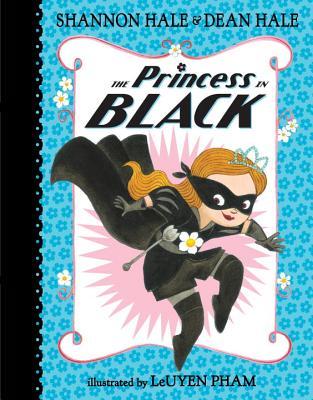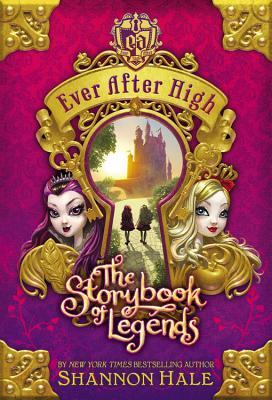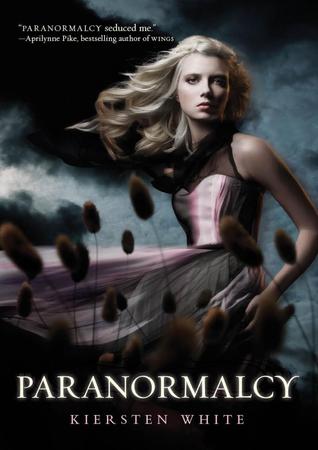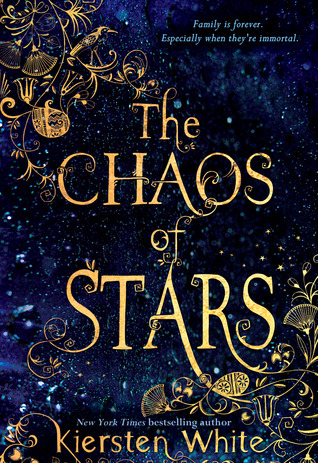I
imagine that the shepherds were average, decent people with regular
lives. I think that, like many of us, they worked and played, just going
about the business of daily living. I doubt they were looking for
anything amazing.
And then, imagine it, one night an angel came to them. An angel! Of course they were frightened, but the angel comforted them:
“Fear not: for, behold, I bring you good tidings of great joy, which shall be to all people.
“For unto you is born this day in the city of David a Saviour, which is Christ the Lord.” (Matt. 2:10–11)
 Then
more angels gathered together and praised God. And how did the
shepherds respond—these men who were unprepared for such an incredible
revelation? They dropped everything and ran:
Then
more angels gathered together and praised God. And how did the
shepherds respond—these men who were unprepared for such an incredible
revelation? They dropped everything and ran:
“As
the angels were gone away from them into heaven [they didn’t even wait
until the angels had left!], the shepherds said one to another, Let us
now go even unto Bethlehem, and see this thing which is come to pass. …
“And they came with haste.” (Luke 2:15–16)
They
were so excited to receive the gift that God had sent—to meet His
Son—that they went without hesitation. And once they had seen Him, they
“made known abroad the saying which was told them concerning this
child.” (v. 17)
This night had changed their lives, and they wanted everyone to experience what they had felt.
The
wise men, on the other hand, had already been looking for Christ and
for signs of His coming. They were waiting for Him. When they came to
find Him, they told Herod, “We have seen his star in the east, and are
come to worship him.” (Matt. 2:2)
 They
had to travel to reach Christ. I don’t know how far, but I think they
had to make quite a journey to find the babe, and I think they began
their preparation for that journey long before they saw the star. They
prepared for its rising, and when they saw it, they were ready. They
traveled however far they needed so that they could reach the Christ
child. This was not the journey of one night. This was a journey that
required effort and planning and deliberation and steadfastness.
They
had to travel to reach Christ. I don’t know how far, but I think they
had to make quite a journey to find the babe, and I think they began
their preparation for that journey long before they saw the star. They
prepared for its rising, and when they saw it, they were ready. They
traveled however far they needed so that they could reach the Christ
child. This was not the journey of one night. This was a journey that
required effort and planning and deliberation and steadfastness.
They
too rejoiced when they finally found Christ: “And when they were come
into the house, they saw the young child with Mary his mother, and fell
down, and worshipped him: and … they presented unto him gifts; gold, and
frankincense, and myrrh.” (v. 11) These gifts symbolized the roles
Christ would play, but I imagine they were also very precious to the
wise men.
They
came to Christ and set before Him the best of what they had. But maybe
the best thing they could give Him had already been given: their lives,
spent in watching for their Savior.
How
often are we given brilliant moments of spiritual illumination, moments
that beg us to act upon personal revelation that would bring us to
Christ? And how often do we wait, intending to do it in just five
minutes? Or tomorrow, or next week? The shepherds knew, I think—they
knew that the details of living can so easily get in the way. So they
did not wait; they left their tasks of the moment—tasks that were
undoubtedly important—and they ran to seize the most important
opportunity of their lives. They ran to meet their Christ.
And
then, on the other hand, are we not also given opportunities that
require time and planning, work that cannot be finished and
checked off in one day? And how often do we begin these tasks with great
enthusiasm but find our desire and our will tapering off? Or do we
sometimes forget, after days or months, to keep a vital watch over our
lives? Do we, for example, forget to seek Him and watch for Him? And when we forget, do we miss the signs that
Christ has come to our lives? Do we miss Him? The wise men waited and
watched; I imagine some of them spent their whole lives living in
preparation to meet the Christ. They continued on, even if it sometimes
seemed boring or irrelevant, even if it was hard to find hope that they
would someday receive their sign. They kept looking.
So
at this time of year I am reminded of the ways each had of coming unto
Christ. And I hope that I, too, can come unto Christ with the enthusiasm
of the shepherd and the determination of the wise man.








